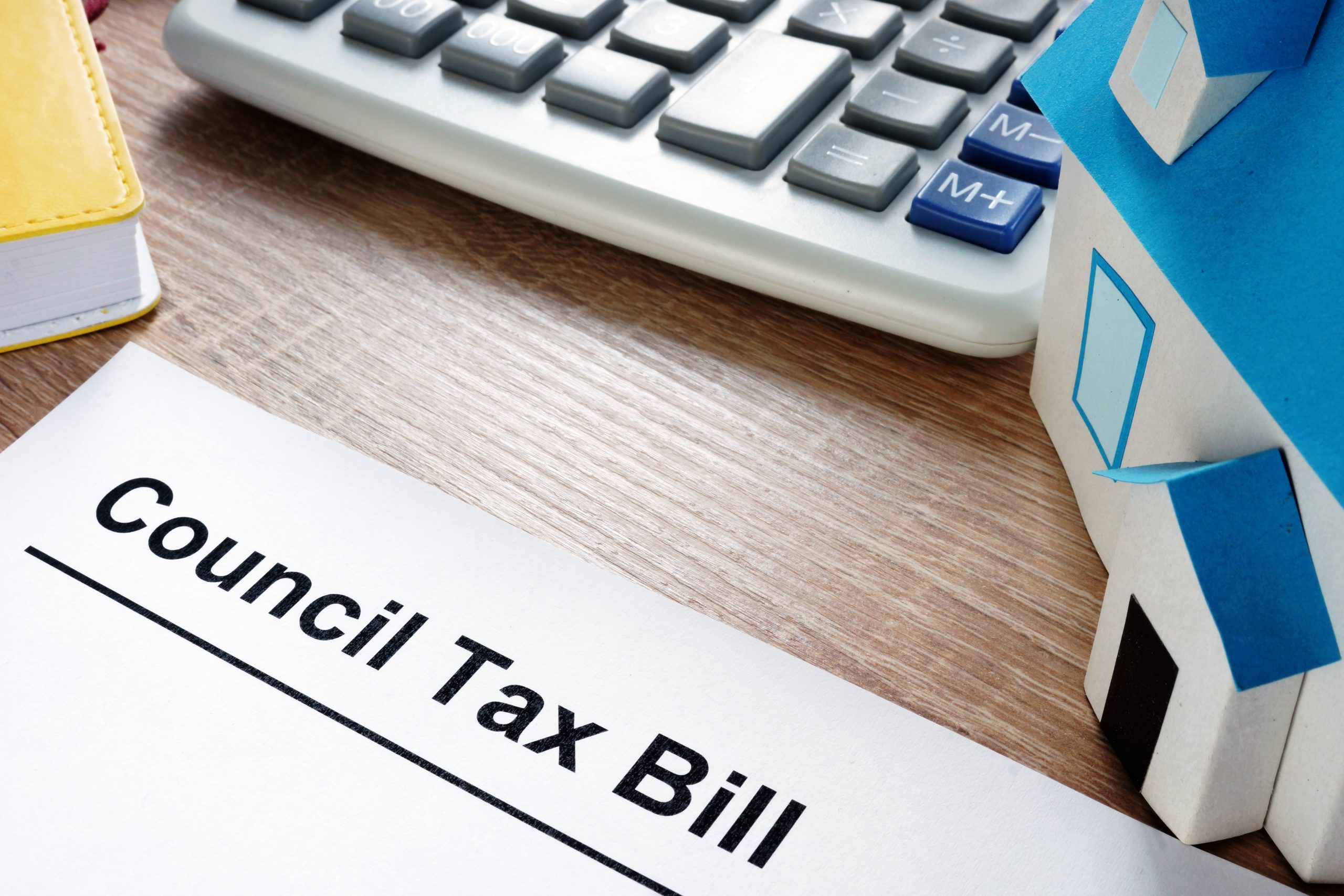Household Bills
Four ways to save on council tax as bills set to rise

Most local authorities will be hiking council tax bills by almost 5% from April – here’s how you can cut your bill.
Out of 114 councils that have published their 2023/24 budget proposals so far, 84 plan to raise council tax by the maximum permitted which is 4.99%.
The news comes as households continue to struggle with the cost-of-living crisis. But council leaders say they have no choice about bill increases because they need to balance the books and fund local services.
The bill hike means the average Band D property will face an annual £99 bill increase on average, although this will vary across the country.
Here are four ways that you could on your bill:
1. Single person discount
If you live alone, you’re entitled to a 25% reduction on your council tax bill.
You will need to tell your council that you are the only adult living in your home and apply for the discount.
Some people can get a single person discount even if other adults live in their home. This applies if the other adults aren’t counted for council tax because they are students or because they are ‘severely mentally impaired’.
2. Students don’t pay
Full-time students don’t have to pay council tax. To be classed as a full-time student you need to be on a course that lasts a minimum of one year and involves studying for at least 21 hours a week.
If you’re under 20, the course needs to last at least three months, involve studying 12 hours a week, and lead to a qualification up to A-level standard.
If there are only students living in the property, you won’t have to pay any council tax. If there are students and non-students living in the property, you will have to pay some council tax but the students won’t be counted.
3. Disability or carer reduction
If you or a family member need a larger house because of a disability you can apply to the local authority for a council tax ‘reduction’.
If you are a carer providing care for 35 hours a week or more and you live in the same property as the person you care for, you might be able to get a discount on council tax.
4. Check if you’re overpaying
There is a chance you are paying too much council tax, so it’s worth checking.
Council tax bands are based on what your house was worth at a particular point. In England and Scotland, it was 1 April 1991 and in Wales it was 1 April 2003. All houses had to be valued at the same time and because this was such a large job, some properties were put into the wrong band.
You can challenge your valuation but remember that challenges can be rejected, and your valuation can go up or down, so it’s worth doing your homework first.
Firstly, find out what your neighbours are paying by searching the GOV.UK website. You can find out which council tax band any property is in and if you find that your neighbours’ homes are in lower bands than your own, you may have grounds for an appeal.
You should then try to find out out your home’s value in 1991 when the tax bands were first set, because if it was in the wrong band originally it will have stayed there since.
You can use a house price calculator like this Nationwide one to get an estimated value of your house in 1991 and compare this with the tax bands on the GOV.UK website.
It’s worth remembering that any major works to your home could have altered its valuation and could be why your band is different compared with your neighbours’.